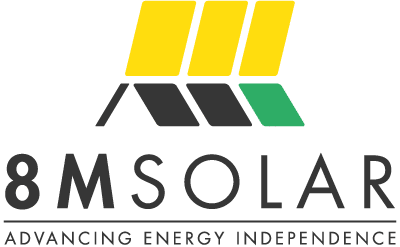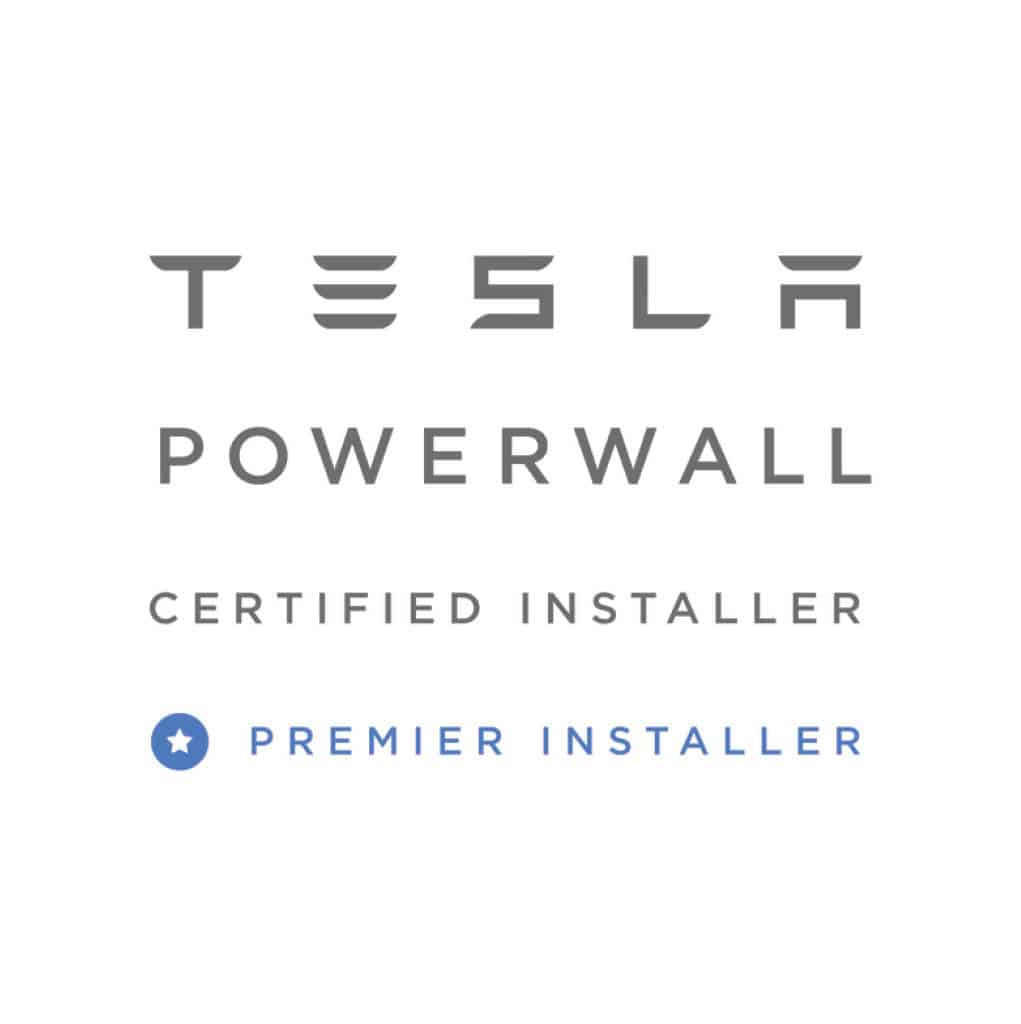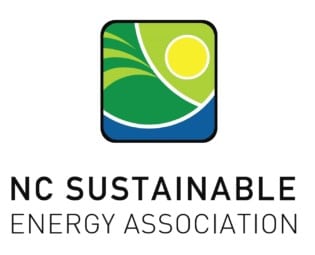While traditional coal-powered electricity can work for many people, these facilities are some of the first to shut down during a disaster. Additionally, these facilities are also at risk for damage from a natural disaster like an earthquake, tornado, or flood. These disasters can damage the plant and cause power outages and a loss of electricity. Because of these reasons, traditional electricity sources aren’t reliable during an emergency.
Solar batteries aren’t the only power storage method for a disaster. Many people prepare for disaster by purchasing generators and fuel. While generators can be useful in a crisis, you are limited by the amount of fuel you have. Once you run out of fuel, gasoline or diesel, your generator won’t run anymore, and you won’t be able to have power until you get more fuel. In addition, generators are loud and draw a lot of unwanted attention. Hurricane survivors have discussed how their generators have caused them trouble because of the attention. Both traditional electricity and generators have limitations in disasters that can cause them to be less than ideal solutions.
The Benefits of Solar Batteries in Disaster Preparedness
Solar panels with backup power systems are an efficient and beneficial source of power during an emergency. The main benefit of a solar battery system is that when disasters strike and knock out power grids, solar panels will continue to generate electricity. A solar panel system will continue to work during floods, earthquakes, and pandemics (so long as the system isn’t flooded, which is unlikely if the panels are on the roof).
Solar panels, with sufficient battery storage, will continue to generate power because the sun is an unlimited energy source. Generators can run out of fuel, but the sun will not. The weather can obscure the sun, but the panels can continue to produce minimal power. And with solar batteries for backup, the panels can continue to provide electricity for an extended period.
When it comes to pandemics and COVID-19, many of the quarantined people have stocked up on more perishable and freezer items. Power outages are still a risk, as with any time, due to storms, construction, or disasters. It’s more important than ever during this pandemic to be prepared for a power outage because of the increase in food storage and the obstacles in getting help. Solar batteries and backups can keep freezers and other electrical equipment running during a power outage. While it’s harder to go outside and to get electrical help, it’s more important than ever to have backup solar batteries.
How to Get Started with Solar Batteries
Once you have a solar panel system in place, you are almost prepared for a crisis. But you will need solar batteries and battery storage in order to be fully prepared. That way when a power outage strikes—whether on its own or from a disaster or during a pandemic—you will be prepared to generate your own electricity for as long as you need to. Having a solar panel system and solar battery storage will help you be prepared for a crisis and have the peace of mind you need, whatever comes your way.
Our solar power engineers can help you get started with choosing the right solar system for your home that can benefit you daily and help you prepare for a disaster. We can also help you find the right solar batteries and other important preparation aspects to help you be ready for a crisis that may arise.









